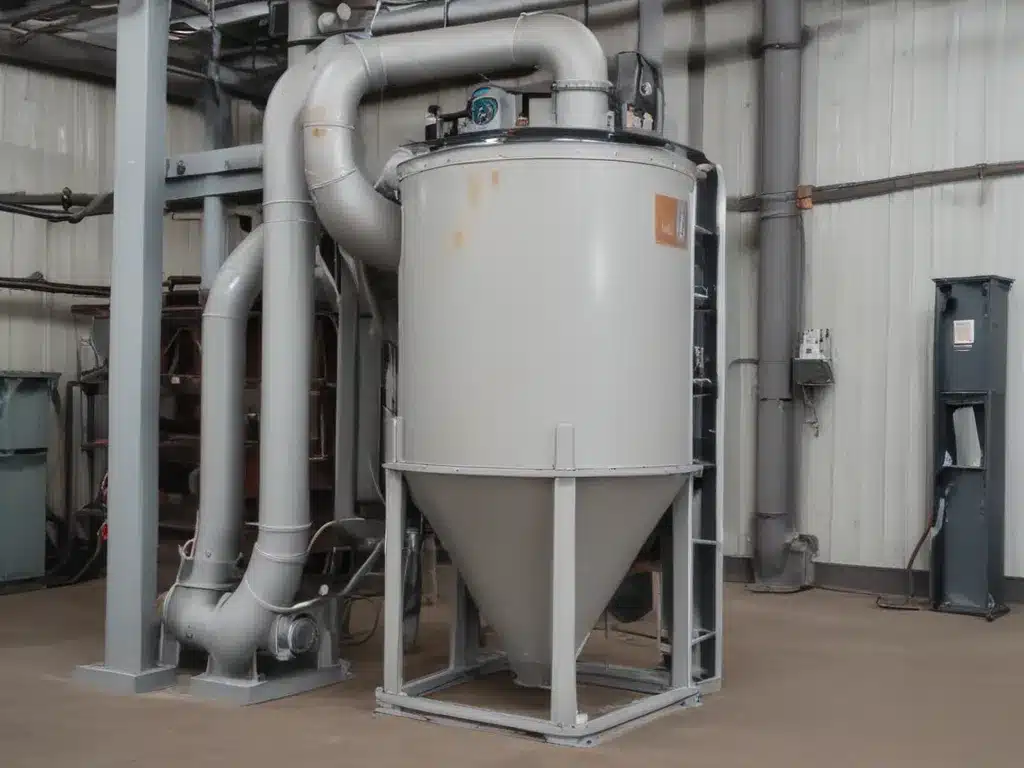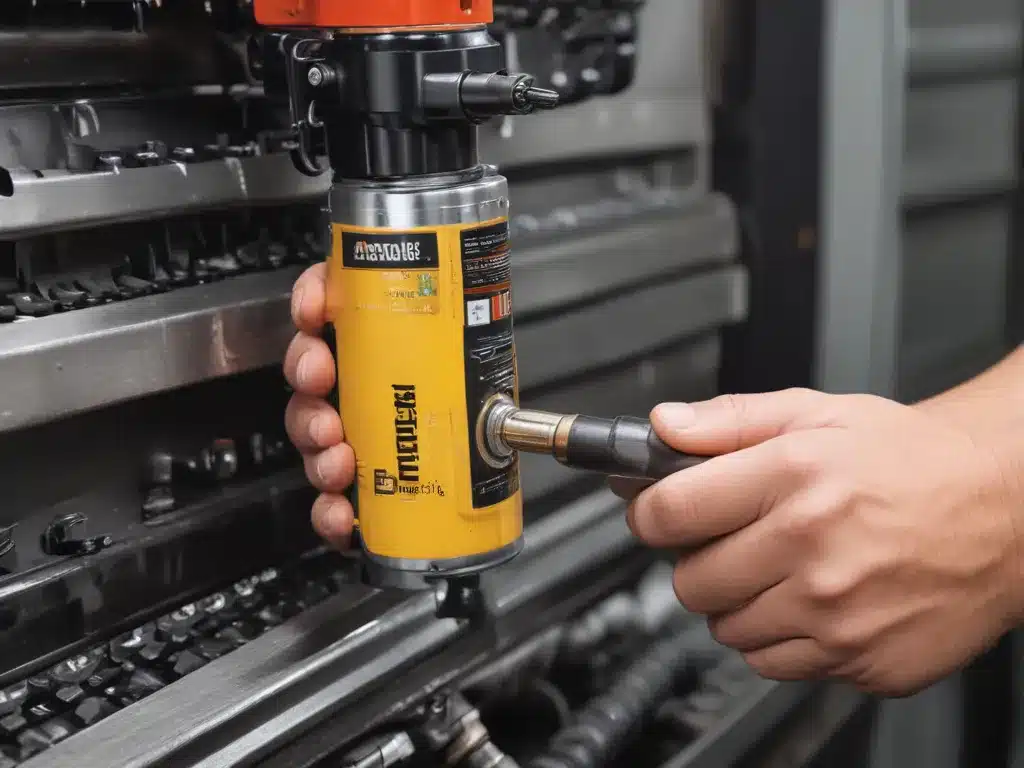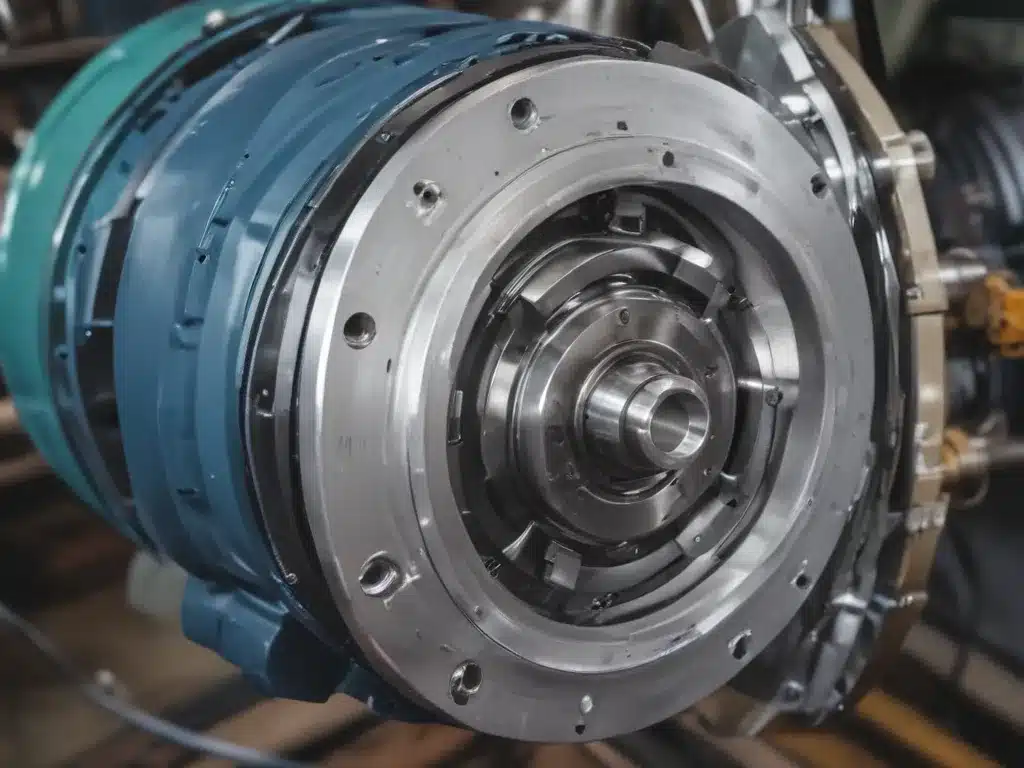The Mighty Chainsaw: A Power Tool Showdown
Ah, the chainsaw – a true workhorse of the power tool world. Whether you’re a lumberjack taking down towering trees or a suburban homeowner clearing fallen branches, this fearsome machine is an essential tool in any DIY arsenal. But with so many options on the market, how do you choose the right one for your needs? In this comprehensive buyer’s guide, we’ll dive deep into the gas-powered vs. electric chainsaw debate, exploring the pros and cons of each to help you make an informed decision.
The Gas Chainsaw: Raw Power and Unbridled Performance
When it comes to raw power and cutting prowess, gas-powered chainsaws are the undisputed champions. These beasts of burden are powered by a small, but mighty internal combustion engine that delivers incredible torque and cutting speed – perfect for tackling those thick, stubborn logs. But what exactly sets the gas chainsaw apart from its electric counterpart?
The Strength of the Engine
The engine of a gas chainsaw is a marvel of engineering, harnessing the explosive force of a fuel-air mixture to drive the chain at high speeds. This engine is typically more powerful than the motors found in electric models, allowing gas chainsaws to handle tougher, larger-diameter wood with ease. I’ve used gas chainsaws for years, and the sheer grunt of the engine never fails to impress me. It’s like having a tiny, angry lumberjack strapped to your arm, just raring to go.
Endless Runtime
One of the biggest advantages of gas chainsaws is their virtually unlimited runtime. As long as you have a fresh supply of fuel, these saws can keep chugging along without any pesky battery constraints. This makes them ideal for large-scale projects, such as clearing entire acres of land or taking down monster trees. I remember one job where I spent an entire day felling a massive oak tree, and my gas chainsaw just kept going strong, even as I broke a sweat.
Portability and Maneuverability
Another benefit of gas chainsaws is their impressive portability and maneuverability. Without the weight of a heavy battery pack, these saws are relatively lightweight and easy to maneuver, even in tight spaces. This is a game-changer when you’re navigating through dense underbrush or trying to reach that one stubborn branch that’s just out of reach.
Cutting Power and Efficiency
When it comes to raw cutting power and efficiency, gas chainsaws are simply unmatched. The high-revving engine and sharp, specialized chains can slice through wood like a hot knife through butter, making quick work of even the toughest jobs. I’ve used my gas chainsaw to take down entire trees in a matter of minutes, a feat that would have taken me hours with a manual saw.
The Electric Chainsaw: Quiet, Clean, and Convenient
While gas chainsaws reign supreme in terms of raw power and performance, electric models offer a compelling alternative for those seeking a more user-friendly, eco-friendly, and cost-effective option. Let’s explore the key advantages of the electric chainsaw.
Reduced Noise and Emissions
One of the standout features of electric chainsaws is their significantly reduced noise and emissions compared to their gas-powered counterparts. These saws operate with a near-silent hum, making them a much more pleasant option for urban or suburban settings where noise pollution is a concern. Additionally, they don’t produce any direct emissions, making them a more environmentally friendly choice.
Ease of Use and Maintenance
Electric chainsaws are also renowned for their ease of use and maintenance. With no need to mix fuel, prime the engine, or pull a heavy-duty starter cord, these saws are a breeze to operate. They also require less ongoing maintenance, as there are no oil changes, air filters, or spark plugs to worry about. I’ve found that this makes electric chainsaws a great option for homeowners or casual users who don’t want to deal with the hassle of maintaining a gas-powered machine.
Lightweight and Maneuverable
Another advantage of electric chainsaws is their lightweight and maneuverable design. Without the weight of a gas engine and fuel tank, these saws are much easier to handle, especially for users with limited strength or dexterity. This makes them a great choice for tasks like pruning, light limbing, or clearing small brush around the yard.
Cost-Effective and Eco-Friendly
Finally, electric chainsaws tend to be more cost-effective and eco-friendly than their gas-powered counterparts. The initial purchase price is often lower, and with no need for fuel, oil, or regular maintenance, the ongoing costs are typically much less. Additionally, the lack of emissions and reduced noise output make electric saws a more sustainable option for the environmentally conscious.
Factors to Consider When Choosing a Chainsaw
Now that we’ve explored the key differences between gas and electric chainsaws, let’s dive into some of the factors you should consider when making your purchase decision.
Power and Performance
If you’re tackling large, demanding jobs like felling trees or clearing thick, heavy-duty logs, a gas-powered chainsaw is likely the better choice. These saws offer significantly more power and cutting speed, making quick work of even the toughest tasks. However, if you’re primarily handling lighter-duty jobs around the yard, an electric model may be more than sufficient.
Runtime and Portability
As we discussed earlier, gas chainsaws offer virtually unlimited runtime, as long as you have fuel on hand. This makes them a great choice for extended projects or remote work where access to power may be limited. Electric saws, on the other hand, are limited by their battery life, but they are generally more lightweight and portable.
Noise and Emissions
If noise and emissions are a primary concern, such as in urban or suburban areas, an electric chainsaw is the clear winner. These saws operate with a near-silent hum and produce no direct emissions, making them a much more environmentally friendly and considerate option.
Maintenance and Cost
Electric chainsaws tend to be lower-maintenance and more cost-effective than their gas-powered counterparts. With no need for fuel, oil changes, or other regular maintenance, the ongoing costs of owning and operating an electric saw are typically much less. This can be a significant factor for homeowners or casual users who don’t want to deal with the hassle of maintaining a gas-powered machine.
Conclusion: Choosing the Right Chainsaw for Your Needs
In the end, the decision between a gas-powered or electric chainsaw comes down to your specific needs and priorities. If raw power, cutting speed, and unlimited runtime are your top concerns, a gas-powered saw is likely the way to go. However, if you value ease of use, reduced noise and emissions, and lower maintenance costs, an electric model may be the better choice.
Ultimately, the “best” chainsaw is the one that fits your unique requirements and preferences. I’d encourage you to carefully consider the factors we’ve discussed, as well as your own specific needs and circumstances, to make the most informed decision. And remember, no matter which type of chainsaw you choose, always prioritize safety and follow the manufacturer’s instructions to ensure a smooth and successful project.
Happy sawing, my friends! And if you’re in the market for some top-notch power tools, be sure to check out https://powertoolspros.net/ for all your DIY needs.


























